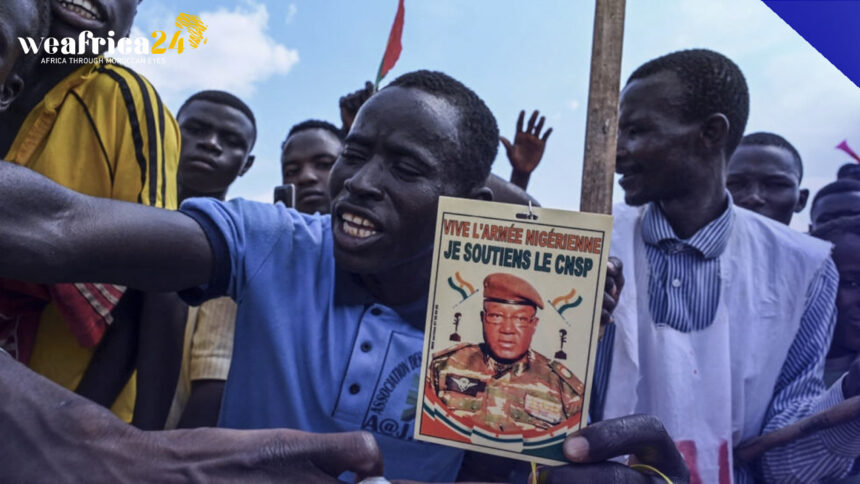In response to the recent coup d’état in Niger, the Algerian government has embarked on a diplomatic initiative by proposing a comprehensive six-point plan aimed at resolving the crisis. The centerpiece of this plan is a six-month transitional period for Niger.
Following a brief diplomatic tour of the West African sub-region, Algeria introduced this proposal on August 29. However, the initial reactions within the Economic Community of West African States (ECOWAS) have been a mix of cautious consideration and differing perspectives.
Located at the ECOWAS Commission headquarters in Abuja, the Algerian plan has been under review for several days. While the plan is being evaluated, it is noteworthy that the option of military intervention remains on the table. This sentiment was expressed by a diplomat representing one of the member states. The assertion of maintaining the military intervention as an option underscores the seriousness with which ECOWAS views the situation.
A similar perspective is echoed within the close circle of Nigerian President Bola Tinubu. While the president seems open to avoiding military intervention, there is a strong emphasis on the need for expeditious and encouraging outcomes. This perspective is shared by a member of the presidential team tasked with ECOWAS affairs within the Nigerian government. The demand for tangible and swift results highlights the urgency of the situation and the expectations held by key stakeholders.
Nevertheless, reservations toward the Algerian initiative have emerged from at least two other member states within the regional organization. One diplomatic source from these states suggests that a focused approach is essential during this crucial juncture. Algeria’s six-point plan encompasses a range of actions, starting with the condemnation of the coup in Niamey. Beyond this, the proposal envisions an international conference and inclusive political deliberations in Niger, all to be led by civilian authorities. A six-month transitional period is also an integral part of the plan, reflecting Algeria’s commitment to a systematic and phased approach to resolving the crisis.
As discussions continue within the ECOWAS community, the contrasting viewpoints underscore the complexities of addressing such a multifaceted crisis. While Algeria’s proposal has gained attention for its comprehensive approach, the divergent responses highlight the need for a delicate balance between diplomatic efforts and the consideration of more robust measures. The evolving situation in Niger demands careful navigation and a collaborative approach among ECOWAS member states as they collectively strive to restore stability and democratic governance to the region.







